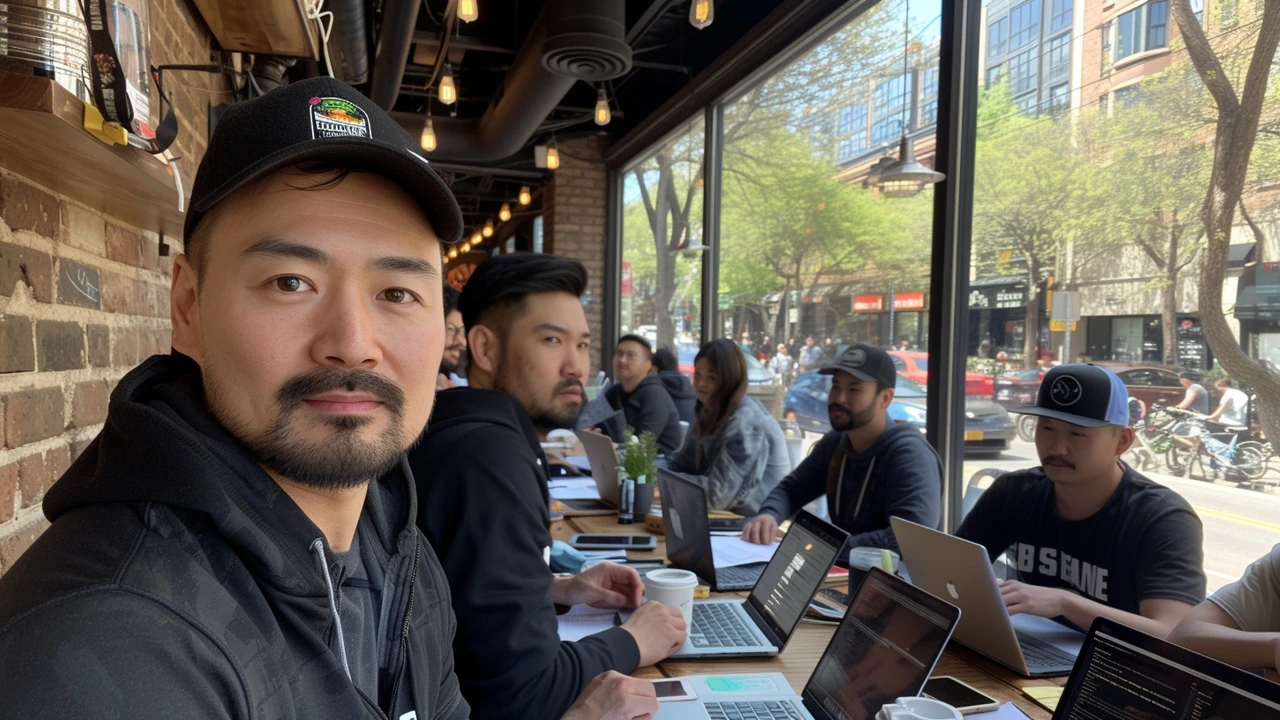Improving Programming Pace: Practical Tips to Code Faster
Feeling like your code moves at a snail's pace? You’re not alone. Most developers hit the same roadblocks: endless debugging, unclear project scopes, and juggling too many tools. The good news is that a few small changes can shave hours off your work week. Below you’ll get straight‑to‑the‑point advice that you can start using today, plus a quick look at the resources we cover on this tag.
Identify Time Sinks and Fix Them
First, spot what’s slowing you down. A common culprit is not having a clear learning path. Jumping from one tutorial to another without a goal creates a lot of wasted time. Pick a roadmap—like the 90‑day AI learning plan we featured—and stick to it. Next, check your debugging routine. Instead of guessing, use built‑in breakpoints and log statements efficiently. Document the most frequent bugs you encounter; a short cheat‑sheet saves minutes on repeat issues.
Another hidden time‑eater is context switching. When you jump between tasks, your brain needs to re‑orient each time, which adds up. Group similar activities—like writing functions, then testing, then refactoring—into dedicated blocks. Turn off notifications during these blocks and use a timer to keep the focus tight. You’ll notice a smoother flow and fewer interruptions.
Tools and Techniques to Boost Speed
Automation is your secret weapon. Whether it’s a code formatter, a linting tool, or a CI pipeline that runs tests automatically, these utilities handle repetitive checks for you. Our article on "Programming Faster: Secrets to Boost Your Speed and Efficiency" lists the top extensions for Visual Studio Code and JetBrains that most devs swear by.
Keyboard shortcuts matter too. Spend a few minutes learning the most used shortcuts for your editor; the time saved adds up fast. Pair that with snippets—a quick way to insert boilerplate code—so you spend less typing and more solving problems.
Finally, adopt a habit of writing small, testable pieces of code. Break a big feature into bite‑size chunks, write a test for each, then code to pass the test. This practice, popularized in the "How to Become a Skilled Programmer" guide, reduces the chance of massive rework later and keeps progress visible.
Putting it all together, start by mapping your current workflow. Mark the steps that feel slow, apply one automation tool, and set a timer for focused work blocks. Review your changes after a week—note the minutes saved and the confidence boost. The more you iterate, the quicker you’ll code without sacrificing quality.

Improve Your Coding Speed: The Ultimate Guide to Programming Faster
Are you constantly looking for ways to improve your coding speed? This post might be your turning point. In it, I'll be sharing incredible tips with you on how to boost your programming prowess and achieve more by investing less time in coding. This is an ultimate guide that covers every aspect of faster programming. So, let's unveil the secrets together and give your coding speed a big boost.